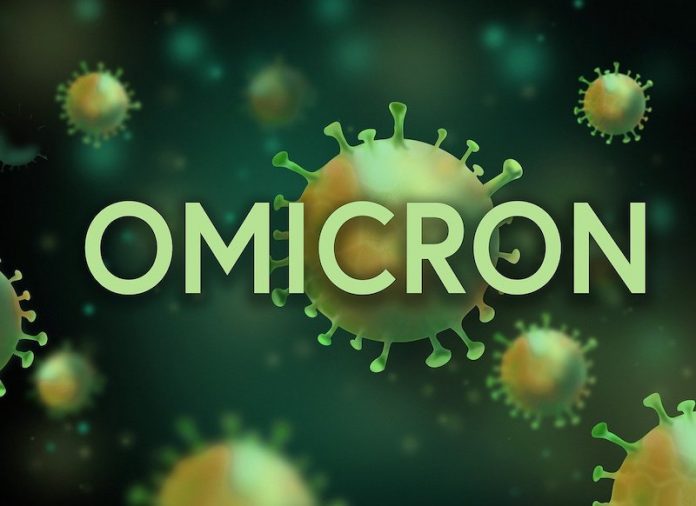
In a new study from Columbia University and elsewhere, researchers found more evidence that the omicron variant can evade the immune protection conferred by vaccines and natural infection.
The finding suggests the need for new vaccines and treatments that anticipate how the virus may evolve.
A striking feature of the omicron variant is the alarming number of changes in the virus’s spike protein that could pose a threat to the effectiveness of current vaccines and therapeutic antibodies.
In the study, the team tested the ability of antibodies generated by vaccination to neutralize the omicron variant in laboratory assays that pitted antibodies against live viruses and against pseudoviruses constructed in the lab to mimic omicron.
They found antibodies from people double-vaccinated with any of the four most widely used vaccines—Moderna, Pfizer, AstraZeneca, Johnson & Johnson—were much less effective at neutralizing the omicron variant compared to the ancestral virus.
Antibodies from previously infected individuals were even less likely to neutralize omicron.
Individuals who received a booster shot of either of the two mRNA vaccines are likely to be better protected, although even their antibodies exhibited diminished neutralizing activity against omicron.
The researchers suggest that previously infected individuals and fully vaccinated individuals are at risk for infection with the omicron variant.
Even a third booster shot may not adequately protect against omicron infection, but of course, it is advisable to get one, as you’ll still benefit from some immunity.
The results are consistent with other neutralization studies, as well as early epidemiological data from South Africa and the U.K.
These studies show the efficacy of two doses of the vaccines against symptomatic disease is significantly reduced against the omicron variant.
When administered early in the course of infection, monoclonal antibodies can prevent many individuals from developing severe COVID.
But the new study suggests that all of the therapies currently in use and most in development are much less effective against omicron if they work at all.
In neutralization studies with monoclonal antibodies, only one (Brii198, approved in China) maintained notable activity against omicron.
A minor form of omicron is completely resistant to all antibodies in clinical use today. The authors note that omicron is now the most complete “escapee” from neutralization that scientists have seen.
If you care about Covid, please read studies about why smokers have a lower risk of COVID-19,
and findings of drug that could inhibit COVID-19 virus, help treat infections.
For more information about the health, please see recent studies about new risk factor for severe COVID-19, and results showing that these heartburn drugs may increase risk of dementia.
The study is posted on bioRxiv. One author of the study is David Ho, MD.
Copyright © 2021 Knowridge Science Report. All rights reserved.



